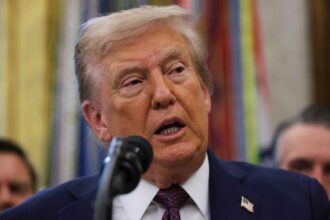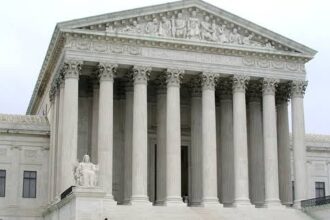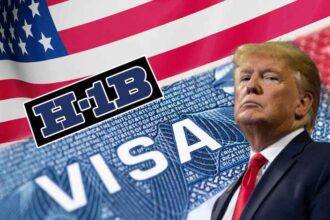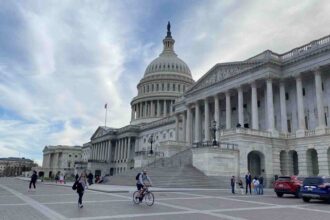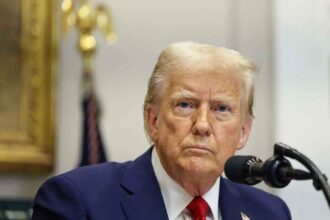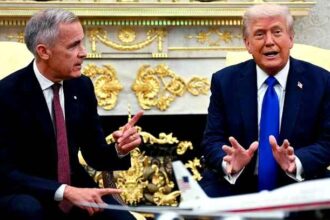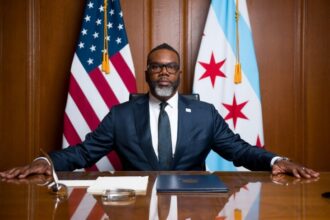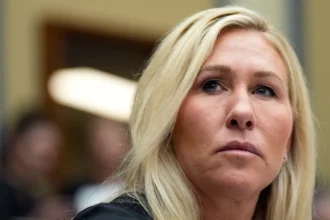President Donald Trump has issued a new order that targets foreign people from over two dozen countries. The official order, announced on Wednesday, drastically restricted entrance into the United States due to national security concerns.
This proclamation bans people of 12 countries, including Afghanistan, Burma, Chad, the Republic of the Congo, Equatorial Guinea, Eritrea, Haiti, Iran, Libya, Somalia, Sudan, and Yemen, from entering the United States.
In addition to the full bans, the directive enforces partial travel restrictions on citizens from Burundi, Cuba, Laos, Sierra Leone, Togo, Turkmenistan, and Venezuela. These limitations vary but are aimed at curbing what the Trump administration describes as “unreliable vetting systems” in those countries.
There are, however, a few notable exceptions. Nationals from banned nations who currently have valid US visas or are lawful permanent residents are unaffected. Individuals whose presence is deemed in the “national interest” of the United States are also given entry.
White House spokesperson Abigail Jackson, speaking on behalf of Trump, defended the renewed travel measures. “President Trump is fulfilling his promise to protect Americans from dangerous foreign actors that want to come to our country and cause us harm,” she posted on social media platform X (formerly Twitter).
Jackson emphasized that the restrictions are not blanket bans, but rather “commonsense” measures. She explained that affected nations either fail to adequately share security information, exhibit high rates of visa overstays, or lack credible identity verification protocols.
This new proclamation is reminiscent of the controversial travel ban enacted during Trump’s first term in office, which specifically targeted several Muslim-majority countries. That original order underwent multiple court challenges and was eventually revoked by President Joe Biden in 2021.
The recent proclamation signals Trump’s continued hardline stance on immigration and border control as a core policy priority.
Since his return to office, Trump has aggressively focused on reshaping U.S. immigration policy. His initial executive order on Day One called for stricter vetting and background checks on all migrants entering the country, again citing national security risks.
In the span of just four months, the Trump administration has introduced multiple measures to stem both illegal immigration at the southern border and legal entry through air and sea ports.
As debates over immigration and national security heat up, this proclamation is likely to spark both legal and political responses in the weeks ahead, especially from advocacy groups and international partners concerned about diplomatic and humanitarian impacts.





